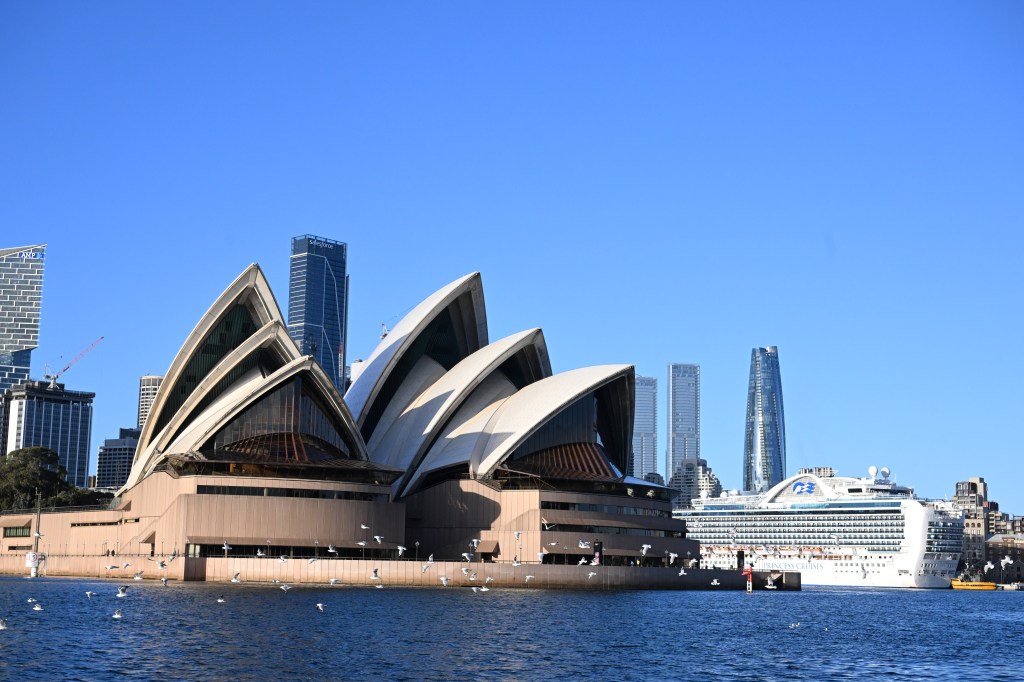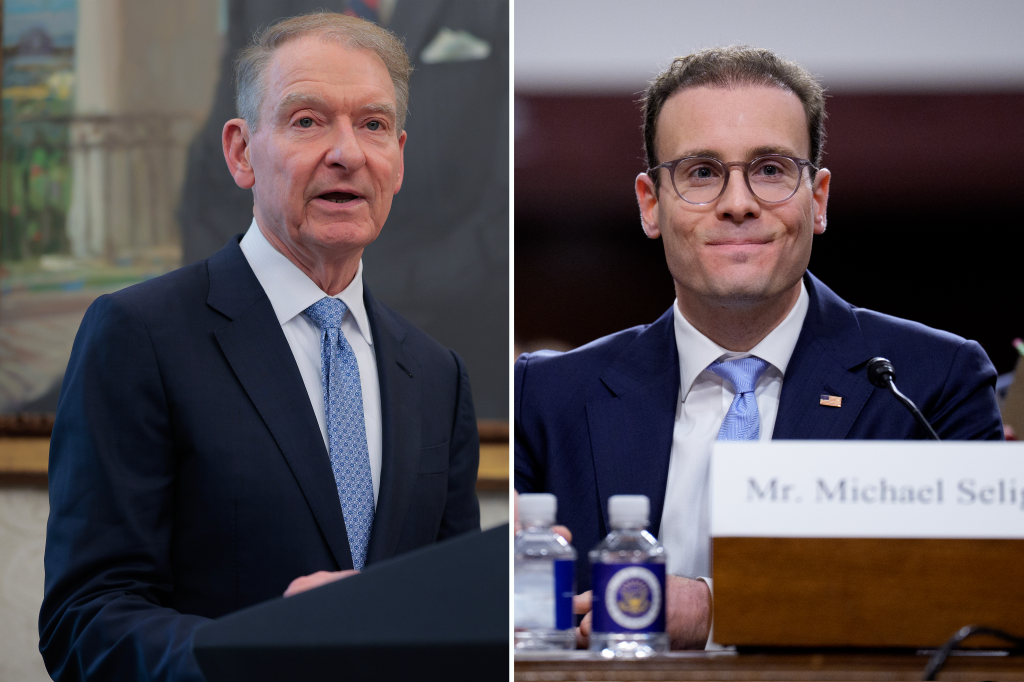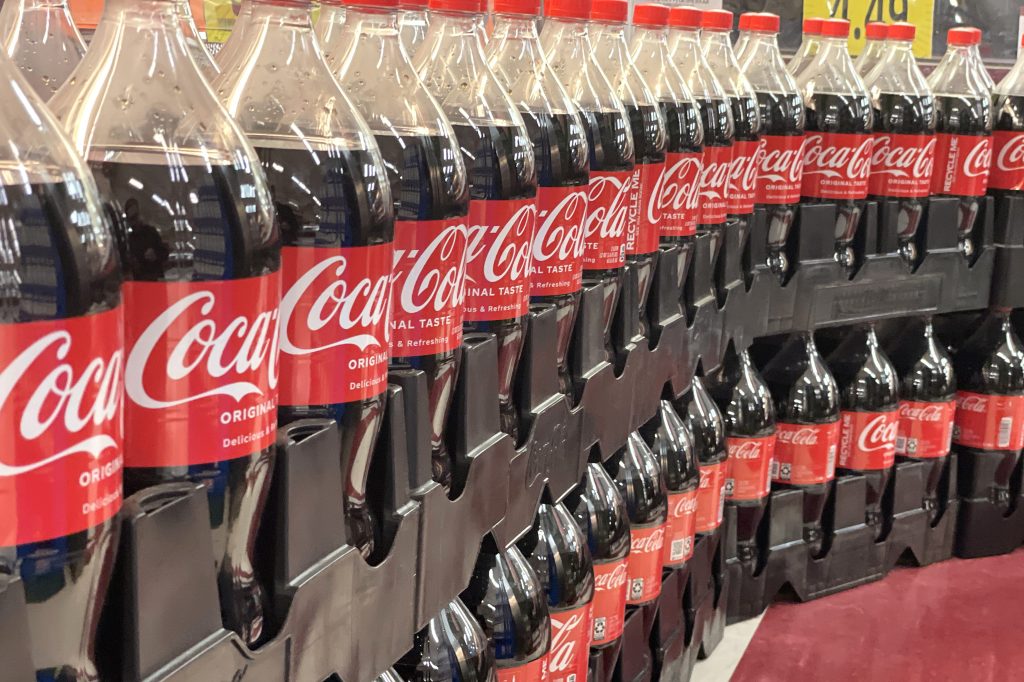The DC Appellate Court’s recent decision against Coca-Cola calling even aspirational claims by companies as “greenwashing” is one for businesses to consider seriously.
The case was decided under the District of Columbia’s Consumer Protection Procedures Act (CPPA) and not under securities laws, but it could indicate a trend towards
Register for free to keep reading
To continue reading this article and unlock full access to GRIP, register now. You’ll enjoy free access to all content until our subscription service launches in early 2026.
- Unlimited access to industry insights
- Stay on top of key rules and regulatory changes with our Rules Navigator
- Ad-free experience with no distractions
- Regular podcasts from trusted external experts
- Fresh compliance and regulatory content every day













